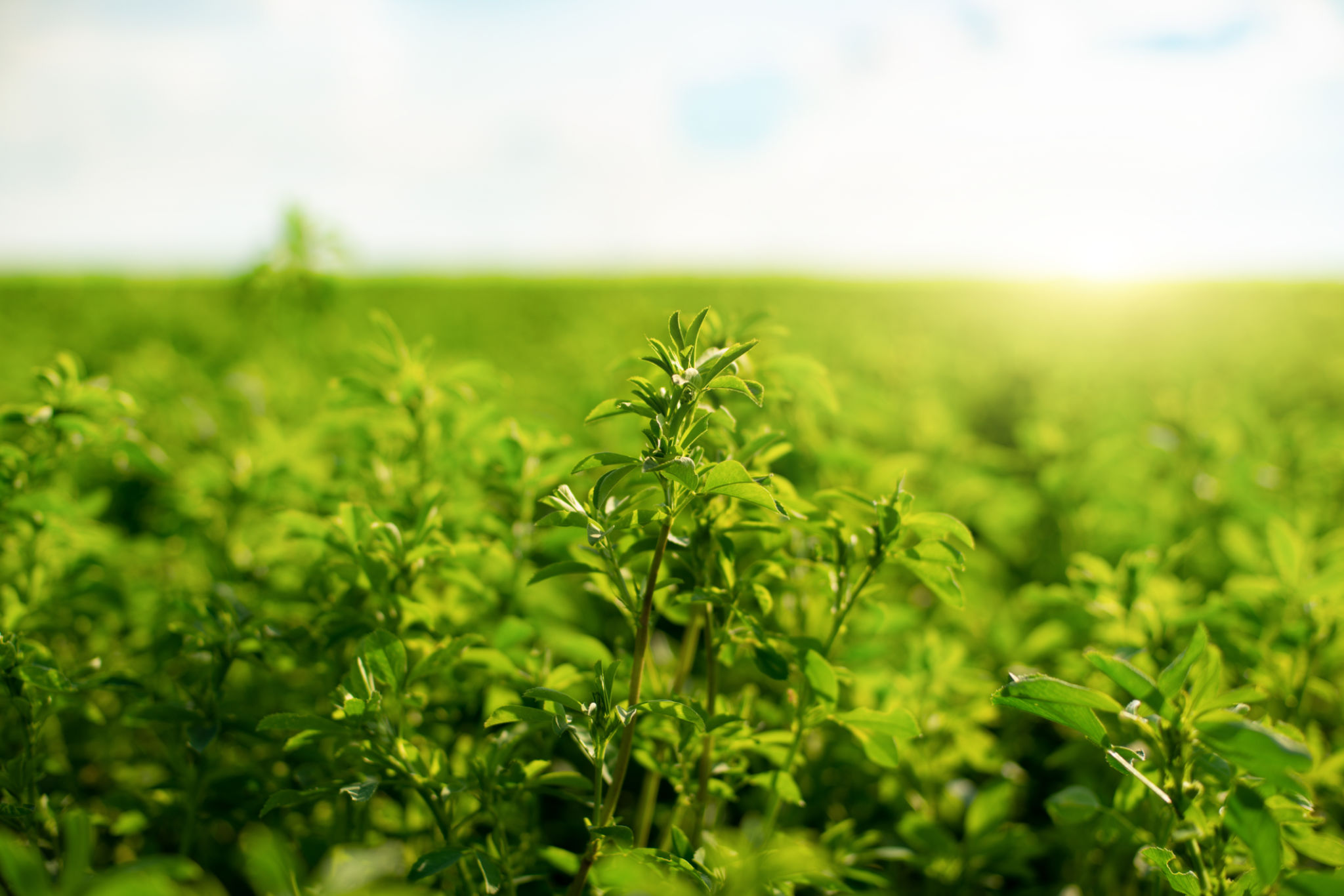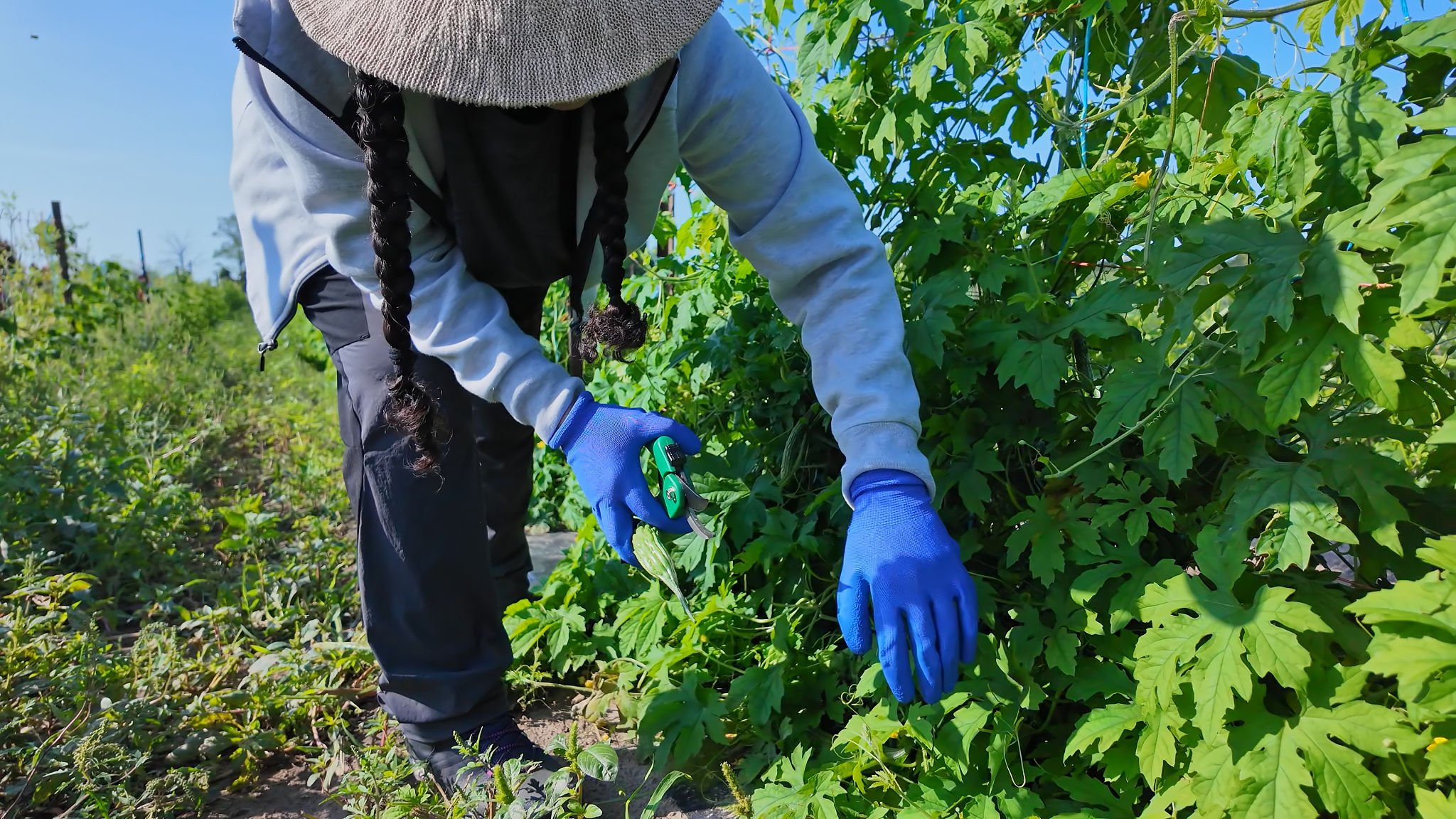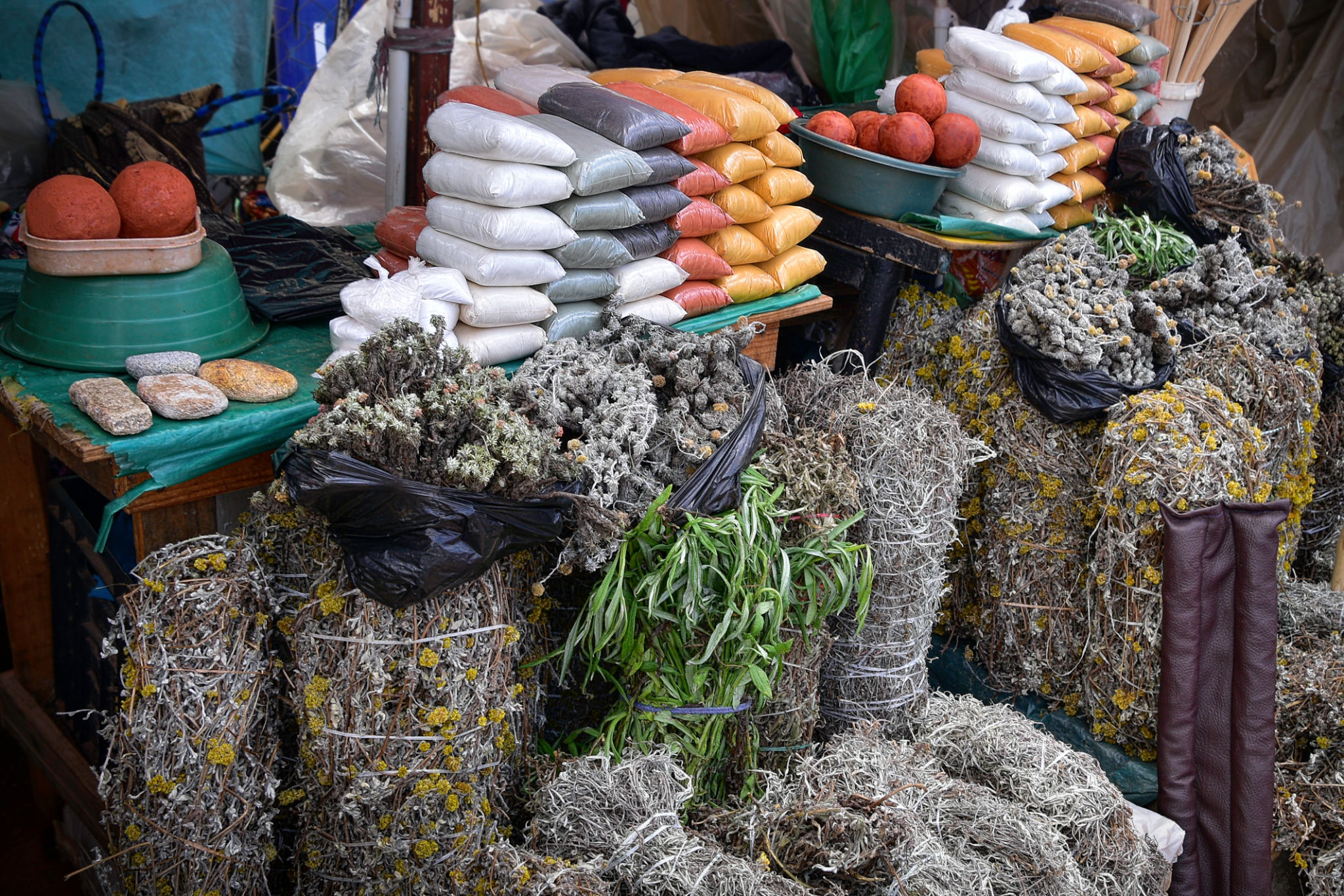The Ultimate Guide to Organic Herbs Wholesale in South Africa
Understanding the Demand for Organic Herbs
In recent years, the demand for organic herbs has skyrocketed globally, with South Africa being no exception. This trend is driven by the growing awareness of health and wellness among consumers. Organic herbs are not only valued for their health benefits but also for their purity and absence of harmful chemicals. As a result, businesses are increasingly looking to source these herbs wholesale to meet consumer demand.
South Africa's diverse climate and rich soil make it an ideal location for cultivating a variety of herbs. From aromatic rosemary to soothing chamomile, local farmers are capitalizing on this opportunity to grow high-quality organic products. For entrepreneurs and retailers, understanding the market dynamics is crucial to successfully tapping into this lucrative sector.

Finding Reliable Suppliers
One of the first steps in entering the organic herbs market is to find reliable suppliers. Search for suppliers who are certified in organic farming practices. Certifications ensure that the herbs are grown without synthetic pesticides or fertilizers and are environmentally sustainable. This commitment to quality is what sets organic products apart from conventional ones.
Consider reaching out to local agricultural cooperatives or organic farming associations. These organizations often have extensive networks of certified growers who can supply herbs in bulk. Establishing a strong relationship with trustworthy suppliers can significantly impact the quality and consistency of the products you offer.

Understanding Wholesale Pricing
When purchasing organic herbs in bulk, understanding wholesale pricing is essential. Wholesale prices are typically lower than retail prices, allowing businesses to maintain a healthy profit margin. However, prices can vary based on factors such as the type of herb, seasonality, and demand.
It's important to compare prices from different suppliers and negotiate terms that are beneficial for both parties. Some suppliers may offer discounts for larger quantities or long-term contracts, which can help in reducing costs. Keep an eye on market trends and adjust your purchasing strategy accordingly.

Logistics and Distribution
Effective logistics and distribution strategies are crucial for maintaining the freshness and quality of organic herbs. Consider investing in proper storage facilities that maintain optimal temperature and humidity levels. This ensures that the herbs retain their potency and flavor during transit.
Work with logistics companies experienced in handling organic products to avoid contamination or damage during transportation. Efficient supply chain management will not only enhance product quality but also improve customer satisfaction, fostering brand loyalty in the long run.
Marketing Your Organic Herbs
Once you have secured a reliable supply chain, focus on marketing your organic herbs effectively. Highlight the benefits of organic products, such as their health advantages and environmental sustainability, in your marketing campaigns. Use eye-catching packaging and labels that emphasize the organic nature of your products.
Leverage digital marketing channels like social media, email newsletters, and e-commerce platforms to reach a wider audience. Collaborating with influencers and health enthusiasts can also help increase brand visibility and credibility in the market.
Navigating Regulations and Certifications
Operating within the organic market requires compliance with specific regulations and certifications. In South Africa, ensure that your products meet the standards set by bodies such as Ecocert or the South African Organic Sector Organisation (SAOSO). These certifications assure consumers that your products are genuinely organic, enhancing trust in your brand.
Stay informed about any changes in regulations and maintain up-to-date documentation for all certifications. This vigilance will help protect your business from legal issues and reinforce your commitment to quality and sustainability.

Sustainability Practices
Sustainability is at the heart of organic farming and should be a priority for any business involved in this sector. Promote eco-friendly practices such as reducing packaging waste, supporting biodiversity, and encouraging ethical farming techniques among your suppliers.
By adopting sustainable practices, you can appeal to environmentally conscious consumers while contributing positively to the planet. This approach not only enhances your brand image but also ensures long-term success in the organic herbs market.
The Future of Organic Herbs Wholesale
The future of organic herbs wholesale in South Africa looks promising as more consumers recognize the benefits of organic living. Staying ahead of trends and continuously improving supply chain efficiency will be critical for businesses looking to thrive in this evolving market.
Embrace innovation by exploring new herb varieties or developing unique product offerings that set you apart from competitors. By remaining adaptable and committed to quality, you can carve out a successful niche in this growing industry.
